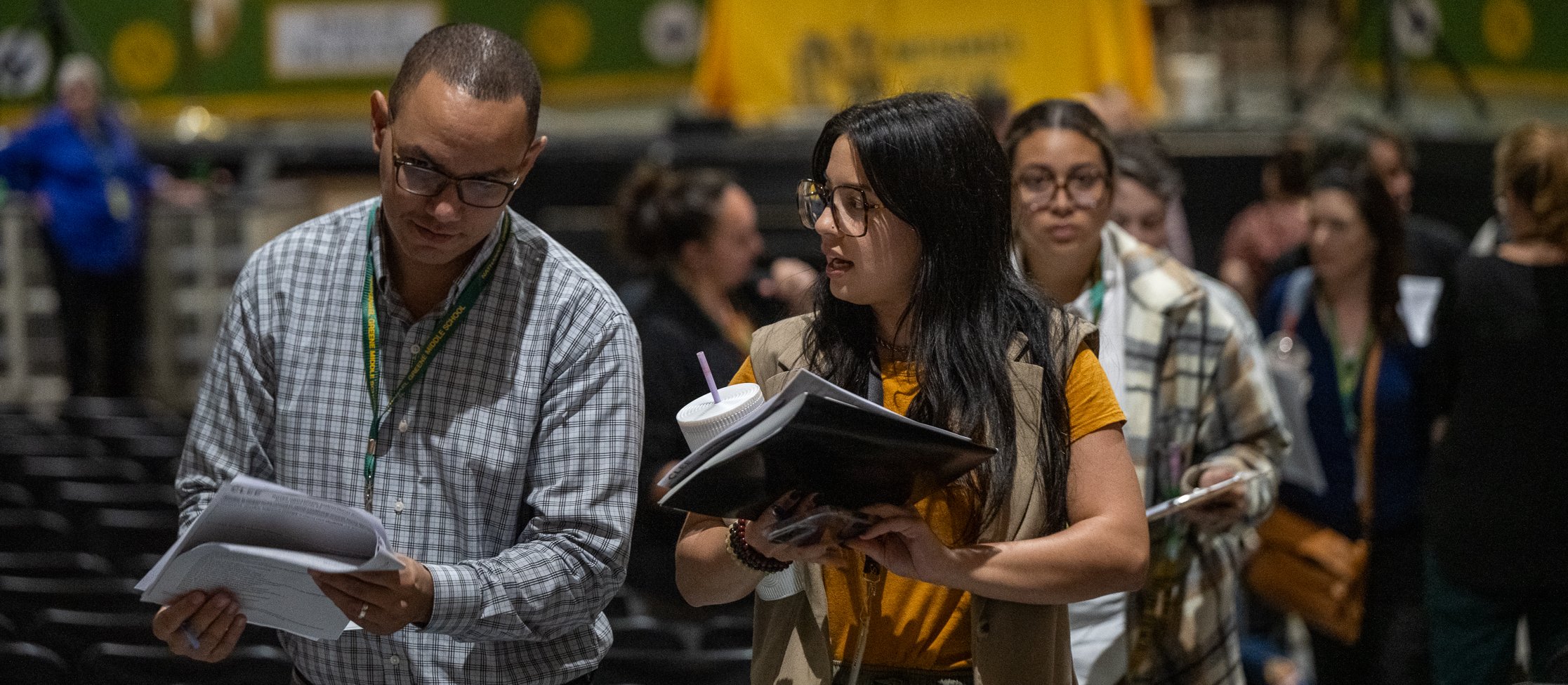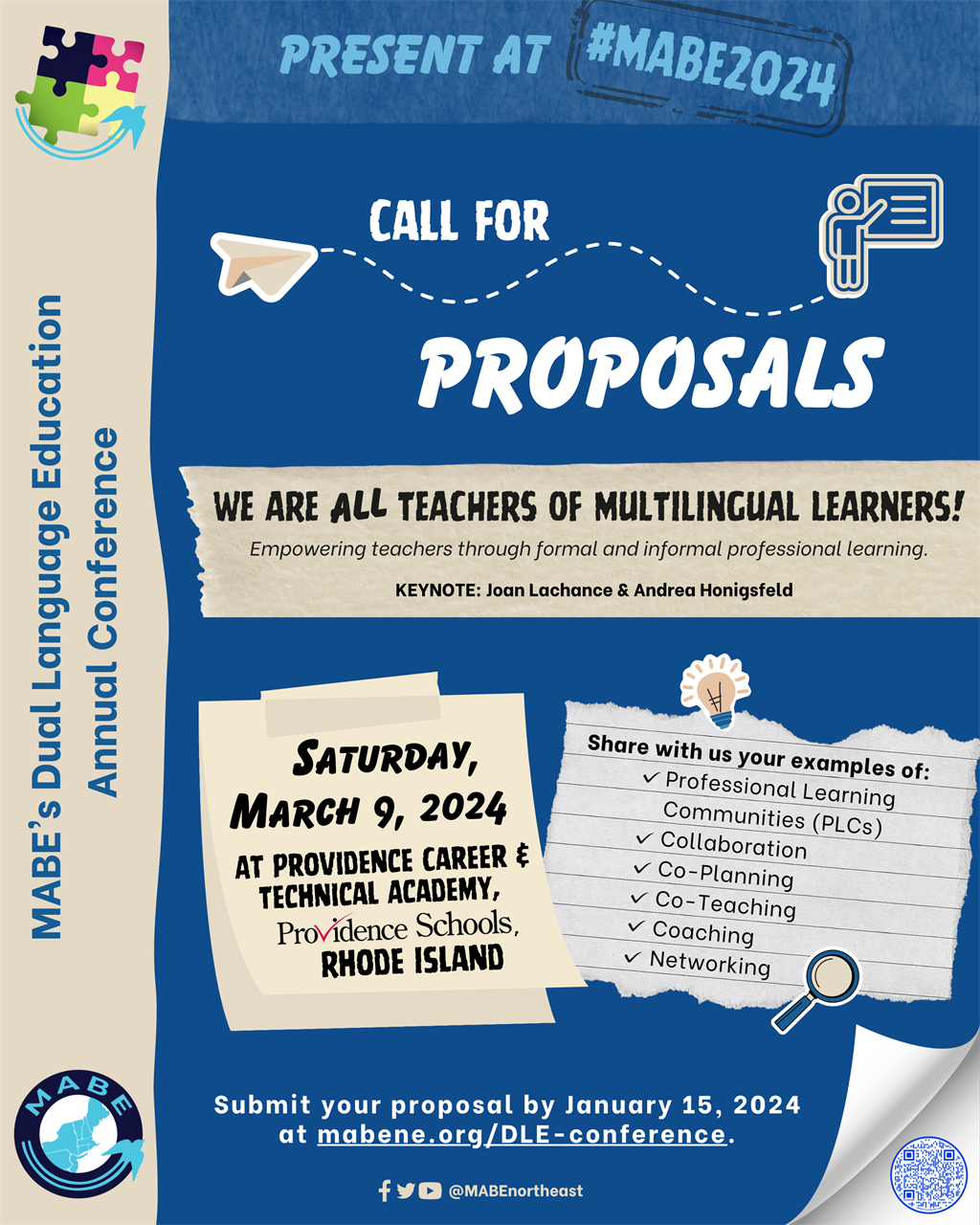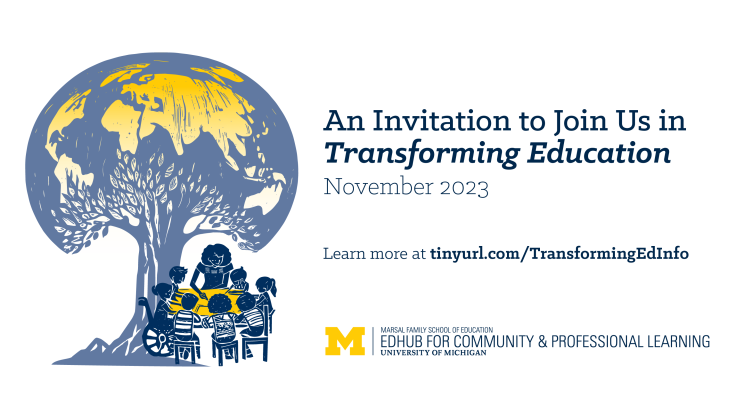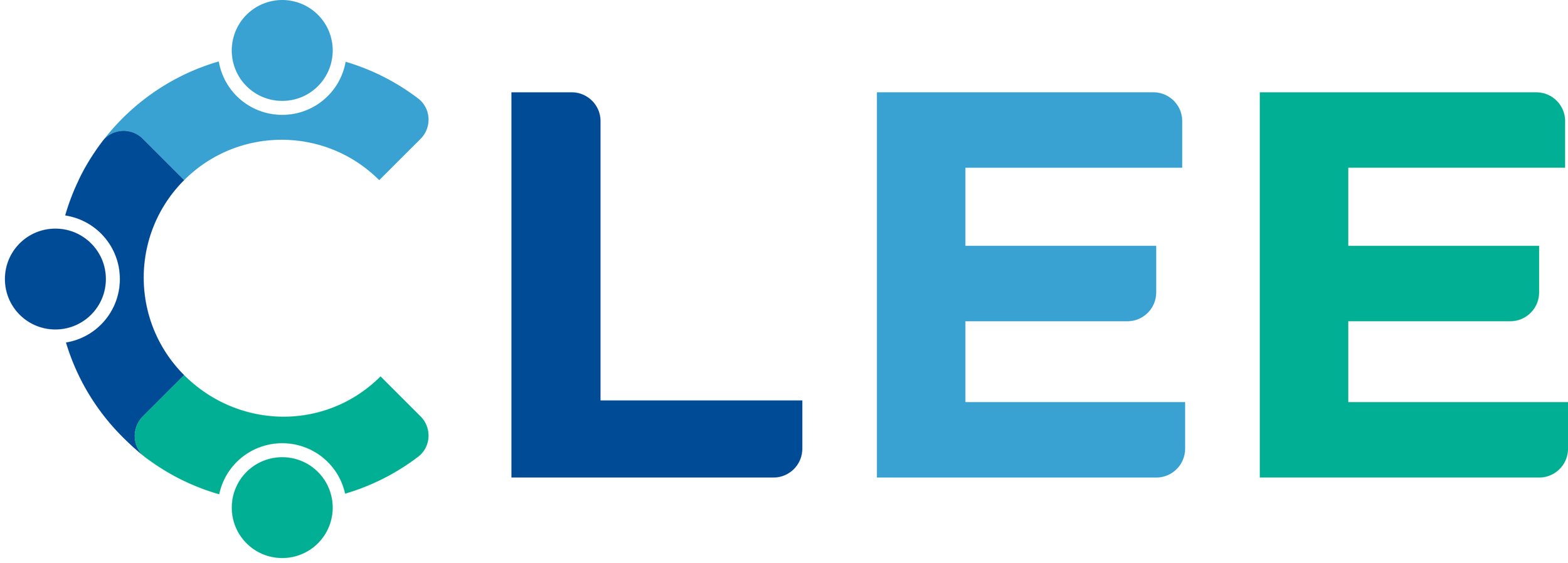
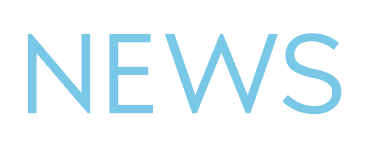
DECEMBER 2023
Our collective power expands when we support each other to foster the unlimited potential of each and every student.

Streamline the Strategic Planning Process with CLEE’s Proven Methods
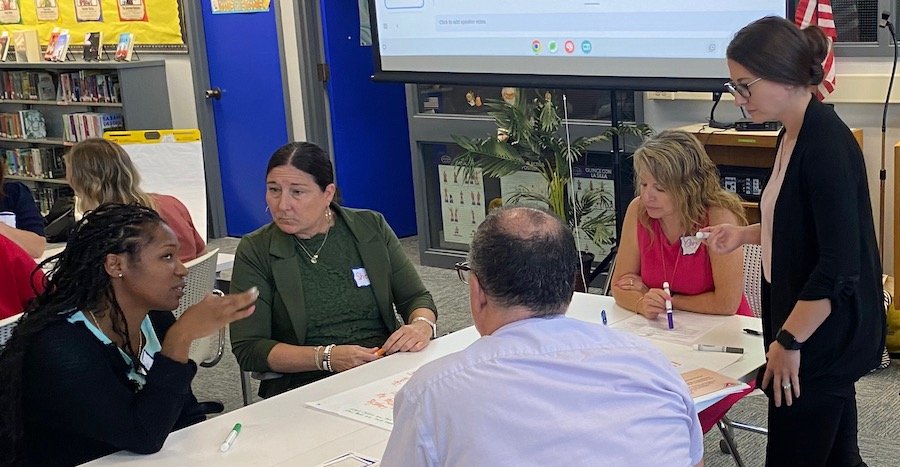
Creating a strategic plan for my district periodically is not only a requirement, but an opportunity to make changes to improve outcomes for my students. The last time we created a district plan, we did it all ourselves. I was an Assistant Superintendent at the time, so I took on the task not only of leading the strategic planning process, but also creating a planning process for the district. It was like building an airplane and flying at the same time. It took over months of my professional life.
When it came time to create a new strategic plan this year, I made a crucial initial decision: get help! It was an easy decision. I knew the true cost of trying to do it all ourselves, so the investment in using an experienced partner was a bargain. The second easy decision was to partner with CLEE’s Strategic Planning services.
CLEE’s collaborative process has been key to our progress this time. CLEE has tools at every step to quickly gather input and feedback from all of our stakeholders: students, parents, and staff. We are collectively building a vision of a graduate to anchor our plan to student outcomes. This collaboration also allows me to fully listen and participate with stakeholders rather than being seen as The Leader in this process. Importantly, the plan belongs to all of us because it is being facilitated by CLEE.
Rather than creating a new process every few years, CLEE’s established process resulted in an actionable strategic plan in just a few months!
Sheila Hoffman,
Agawam Public Schools Superintendent

Equity Leaders Benefit from Peer to Peer Learning
This ongoing series provides real-time updates on our innovative USDOE-funded program, Equity Leader Accelerator Program (ELAP), currently underway in Massachusetts.
CLEE’s ELAP program has been intentionally designed with equitable student outcomes at its core through the use of MA DESE’s Anti Racist Leadership Practices and honing in on the Instructional Core as drivers for the work. In addition to one-on-one coaching, part of the magic of ELAP is bringing together leaders from across the network for peer to peer sessions where educators have an opportunity to celebrate successes as well as receive feedback on some of the challenges being faced in schools today.
One of the tools used to support leaders during our first peer to peer session of the year was the What, So What, Now What protocol. It allows participants to connect to one another and to each other’s work, while at the same time allowing all group members to get useful feedback. The intent in using this protocol over some of the other options is twofold: (1) the protocol centers the experience of individuals allowing space for connection, vulnerability and validation, and (2), it taps into the group’s collective expertise to ask powerful questions and reenvision solutions to old problems of practice.
Reflections from participants:
-
This was my favorite online PD since the pandemic started. I felt truly engaged with my group members. The protocol enhanced self-reflection and listening to understand before drawing conclusions. The breakout rooms were consistent (same people) which helped to foster trust.
-
It was nice to stay in the same group with two other Assistant Principals who are doing the same things that I am doing … .would love to be able to check in with those other leaders in my group and follow up on the things they shared as well as continue to share ideas as they come up.
-
I learned about a few new protocols that I really liked and would like to use at my school, especially as we navigate difficult conversations
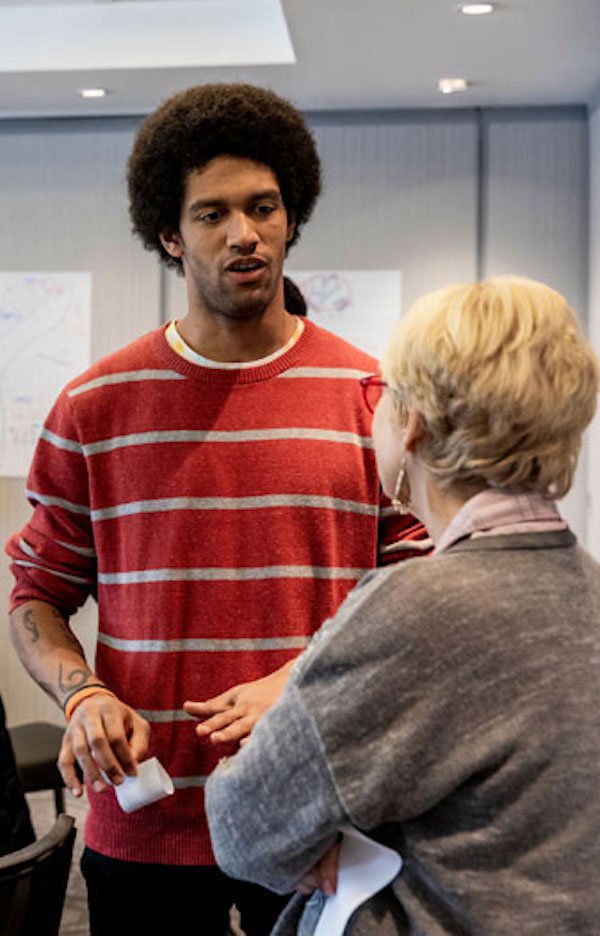

Yovanny Vargas, Continuous Improvement Facilitator and Coach
As leaders continue to grapple with school based issues, ELAP continues to provide dedicated time to reflect and pushes all educators to think critically about the inequities in their communities and the tangible next steps to addressing them.
Support Equity-Driven Educators
As a non-profit, CLEE relies on generous donors like you to amplify our work. Help us support educators who lead the immense task of transforming public schools into places of joyful, purposeful learning for each and every student. It takes courage and fierce commitment to foster educational equity.
Educators foster the next generation of citizens and equity leaders. Beyond this duty, educators have increasing demands on their time and energy. Collaboration is the key, and that is exactly what CLEE supports.
Join CLEE in this important mission! You can choose how your gift is used:
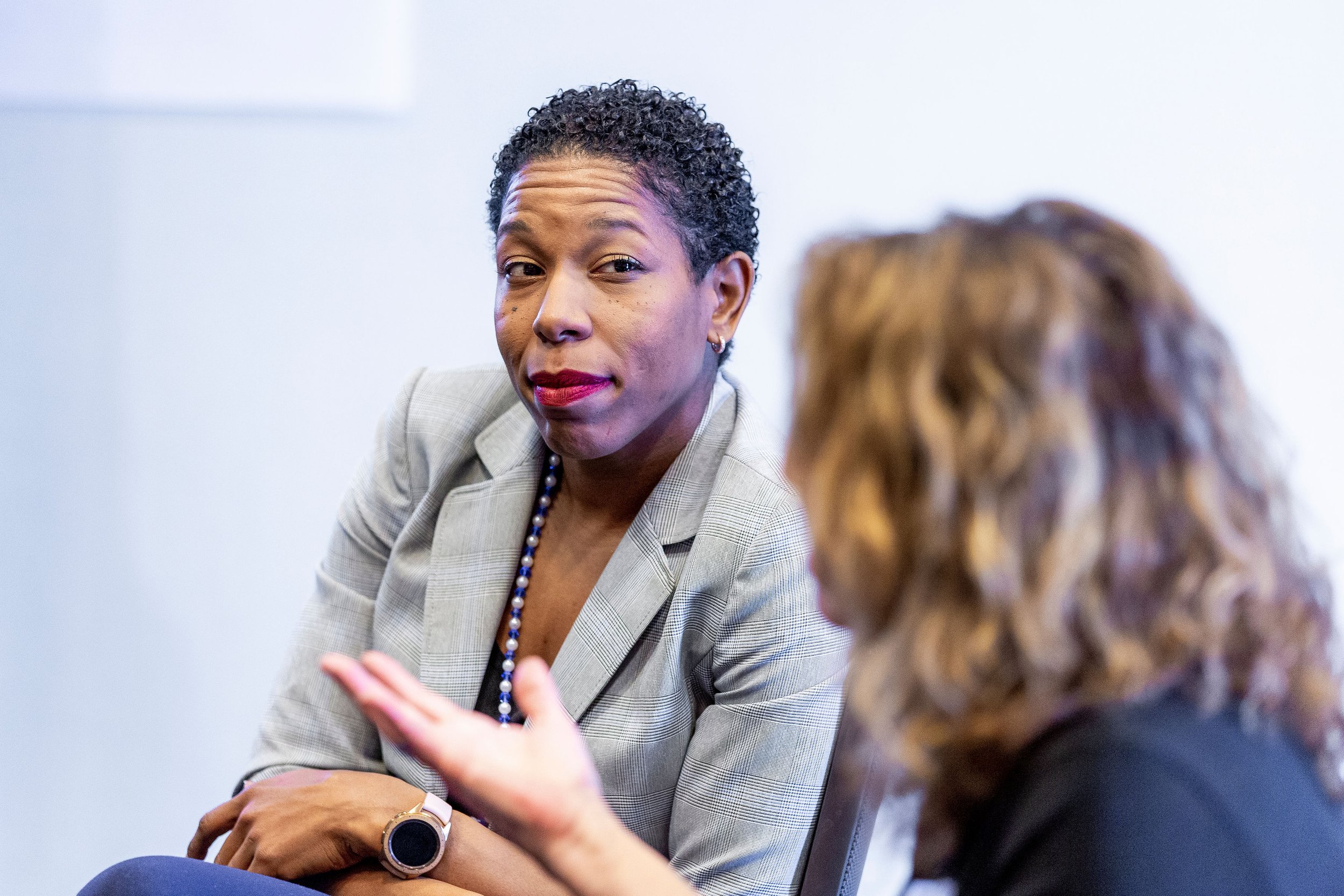
Become a Principal in Rhode Island in 11 Months!
Effective educational leaders are needed now more than ever. Students need educators who are ready and willing to create equitable learning environments.
The Principal Residency Network (PRN) is one of the longest-running residency-based preparation programs in the country, dedicated to developing principals who lead for educational equity through innovation. 92% of PRN graduates are hired to leadership positions!
Make PRN your first step towards equitable leadership. Equip yourself with the tools you’ll need to address the complex challenges and to advance your career in education!

Accessing Resourcefulness: “Go for the Green” by Robert J. Garmston, Michael Dolcemascolo, Toni Prickett
In my recent exploration of professional development literature, I came across an insightful article discussing a strategy called “Accessing Resourcefulness: Go for the Green”, Authored by Robert J. Garmston, Michael Dolcemascolo, and Toni Prickett. The piece explores a transformative approach to group dynamics, particularly relevant to our work at CLEE. The strategy focuses on reframing negative perceptions within group settings, aiming to foster positivity and resilience.
The text offers a way to create transformative dialogues within educational settings. It encourages a mindset shift that not only addresses conflicts but also promotes a collective understanding of positive intentions behind behaviors. This resonates deeply with our mission at CLEE, where we strive to cultivate leaders who can navigate difficult conversations, challenge assumptions, and foster a culture of honest discourse for the betterment of student outcomes.

Kayla Lambright, Continuous Improvement Facilitator and Coach
Furthermore, the article’s discussion on the importance of positivity ratios aligns with our commitment to creating environments that support not only individual growth but also organizational capacity. The authors urge leaders to embrace a positive mindset that facilitates collaborative problem-solving. The strategy, with its practical steps outlined in the text, becomes a valuable addition to our toolkit as we continue pushing ourselves and our participants to step into the risk zone, fostering leadership for equity in education.

Make Your Team Meetings More Effective with CLEE Practices
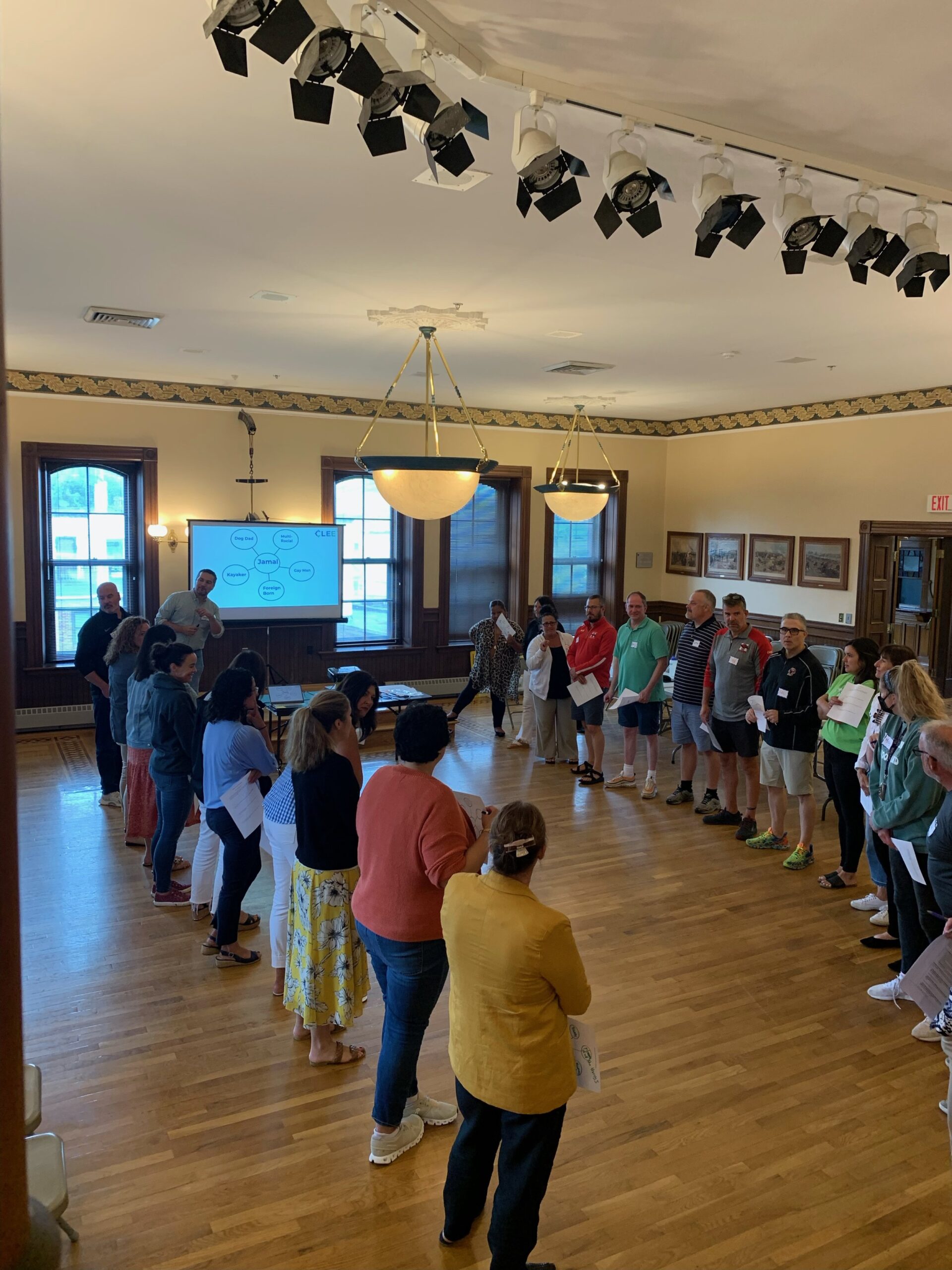
Do your team meetings feel engaging and leave you charged up with purpose and new learning, as well as suggesting tools and strategies to enact next steps? Do you get a lot done together in a short amount of time? Or do you find yourself thinking that could have been accomplished in email? CLEE can help make your team time more effective and help you advance your improvement goals.
Team collaboration is key to successful implementation. We are experts on helping you strengthen team collaboration to meet your goals. We will start with data to identify keystone starting points and target improvement in those areas. Many of our partners see results in their student learning outcomes within one year.
By injecting Facilitative Leadership and Continuous Improvement practices into your team planning and leadership, your team can successfully implement whatever they are setting out to implement, whether it is Diversity, Equity, Inclusion, and Belonging practices, MTSS, Social-Emotional Learning, Restorative Practices, or something else.
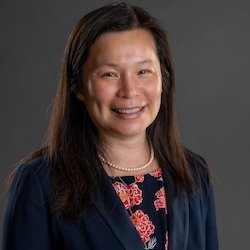
Michelle Li, Director, Learning Leader Network
Research tells us when adults collaborate, it leads to increased equitable outcomes in student learning. We can help you build shared leadership within your team and create effective and engaging agendas to make your work together something everyone looks forward to and ultimately moves the needle on student learning.
From Our Partners



Each month, CLEE offers a question or two to help you reflect on what you are experiencing. Thinking about the importance of questioning and what your answers mean is one more step in your growth as a leader for equity.
Join CLEE on social media to follow the monthly questions and share your answers.
Where else can collaborative practices help push your equity goals?
The Resource book is back!
The Resource Book is a selection of protocols curated into a spiral-bound book and organized into sections, ideal for both new and experienced practitioners who want easy access to our most popular tools.

